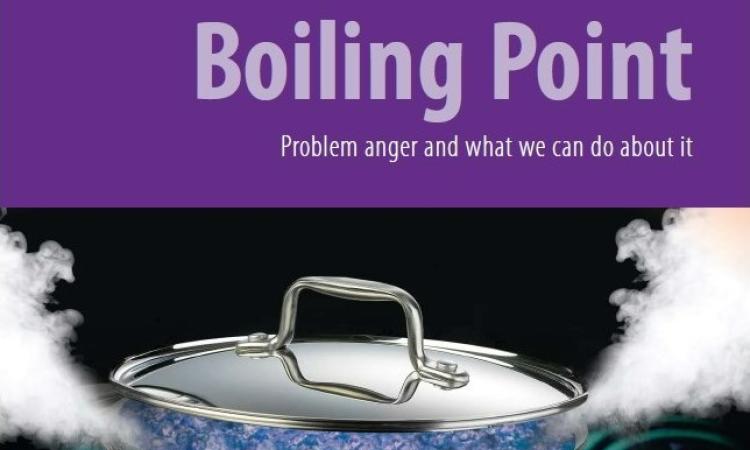Mounting evidence links anger with a range of physical, mental and social problems.
Chronic and intense anger has been linked with Coronary Heart Disease, stroke, cancer and common physical illnesses including colds and flu, and generally poorer health as well as increased risk-taking, poor decision-making and substance misuse.
Higher levels of anger are related to lower levels of social support and higher stress levels. High levels of anger expression have also been associated with less frequent use of positive coping strategies such as actively addressing problems.
Anger has also been linked with mental health problems including depression and self-harm.
People describe anger as more likely to have a negative effect on interpersonal relationships than any other emotion.

There is evidence to suggest that societal changes are contributing to a rise in emotional problems. Public polling carried out for this report indicates that a majority of the population believe that people in general are getting angrier. Influential authors quoted in this report have examined life in 21st century Western society and stated recently that we are we are getting angrier, and that despite 50 years of economic growth in the UK, we are no happier.
However, any changes we are witnessing are unlikely to be in the core structure of our basic emotions. Evolution is a slow process - rapid changes are instead occurring in our social habits, and economic and political circumstances, and how they influence our thinking, feeling and behaviour.
This report is about problem anger, how it affects individuals, families and communities, and what we can do to minimise the harm it causes.
Cool Down: Anger and how to deal with it
This booklet outlines how anger works and explains the benefits of keeping your anger level under control or expressing it in a constructive way.
Blog: 'Unmasking men and anger'
Anger is a universal human emotion that can be seen in the facial expressions of infants as young as six months. Despite this, anger is frequently misunderstood.